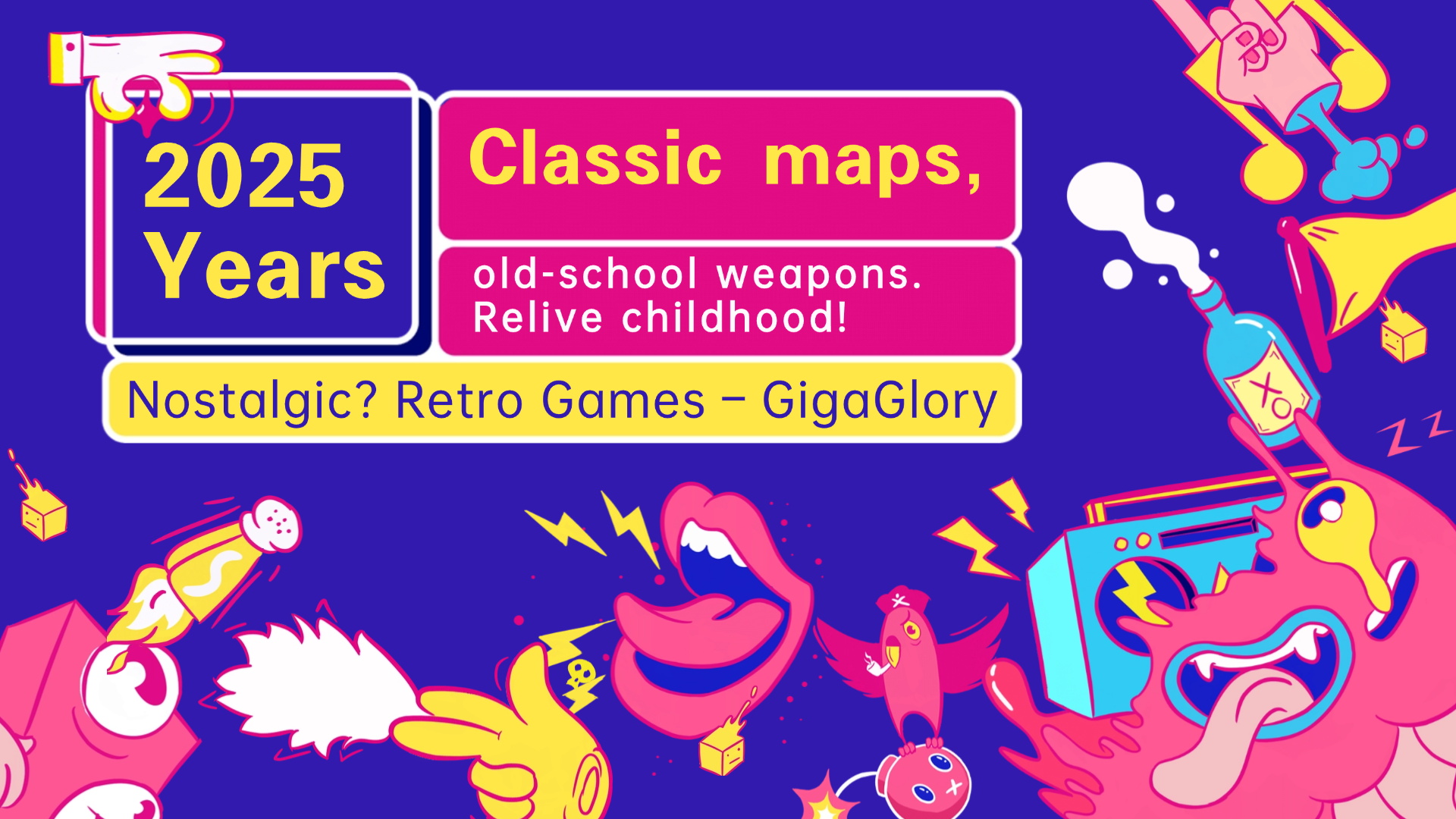Why Simulation Games Are Revolutionizing the RPG Genre: A Deep Dive
Simulation games have carved out a niche in the vast landscape of video gaming, particularly within the RPG genre. As technology advances and gamers seek more immersive experiences, simulation games are becoming trendsetters. But what exactly makes these games stand out? Let’s dive into how they’re revolutionizing RPGs and reshaping the definition of interactive storytelling.
The Intersection of Simulation and RPGs
When we think of RPGs, we often picture turn-based combat, intricate character development, and vast fantasy worlds. Simulation games, however, bring a different flavor to the plate. They offer players real-time decision-making, lifelike environments, and detailed scenarios that can change based on player actions. This adds a layer of depth that traditional RPGs sometimes lack.
- Realism: Simulation games create realistic experiences that help players immerse themselves in the storyline.
- Dynamic Environment: Players can witness real-time changes in the game world, influencing future gameplay experiences.
- Player Agency: Choices lead to varying outcomes, enhancing replayability and personalization.
Best Story Games in Mobile: Leading the Charge
The mobile gaming landscape is filled with titles that marry storytelling with gameplay mechanics. Many of these games borrow heavily from simulation principles, integrating them with RPG elements. Some of the best story games in mobile that showcase this innovative blend include:
| Game Title | Developer | Key Features |
|---|---|---|
| Life is Strange | Square Enix | Choice-based narratives, episodic storytelling |
| The Walking Dead | Telltale Games | Character-driven plot, emotional decision-making |
| Firewatch | Campe Morrow | First-person simulation, immersive storytelling |
Delta Force PVE Mode: A Case Study in Simulation Mechanics
One example that illustrates the merging of simulation and RPG mechanics is Delta Force PVE mode. While this title predominantly falls under the tactical shooter category, the role-playing elements are undeniable. Players experience:
- **Team Dynamics**: Work with AI or real players to strategize missions.
- **Role Selection**: Choose characters with unique abilities to tackle different scenarios.
- **Mission Outcomes**: Player decisions can impact mission success rates and subsequent missions.
These aspects create a blend of gameplay that feels akin to an RPG but with the thrills of simulation, making it a rich experience for gamers.
Why Gamers Are Embracing This Shift
The evolution of simulation games within the RPG genre isn’t merely a trend; it's a *movement*. Gamers, especially in regions like Bangladesh, are increasingly drawn to titles that offer engaging narratives fused with immersive simulations. A few key reasons for this shift include:
- Enhanced Engagement: Players feel more connected when their decisions matter.
- Varied Experiences: The real-time dynamics lead to unique gameplay every time.
- Community Building: Multiplayer simulation games foster camaraderie among players.
Conclusion
Simulation games are not just transforming the RPG genre; they are redefining what it means to engage with a video game. Through their emphasis on realism, player agency, and storytelling, they provide a rich and immersive experience that keeps players coming back for more. As we look to the future, it’s certain that players in Bangladesh and beyond will continue to embrace these evolving forms of gaming. It’s an exciting time to be a gamer, where simulation and RPGs collide to create unparalleled experiences.



